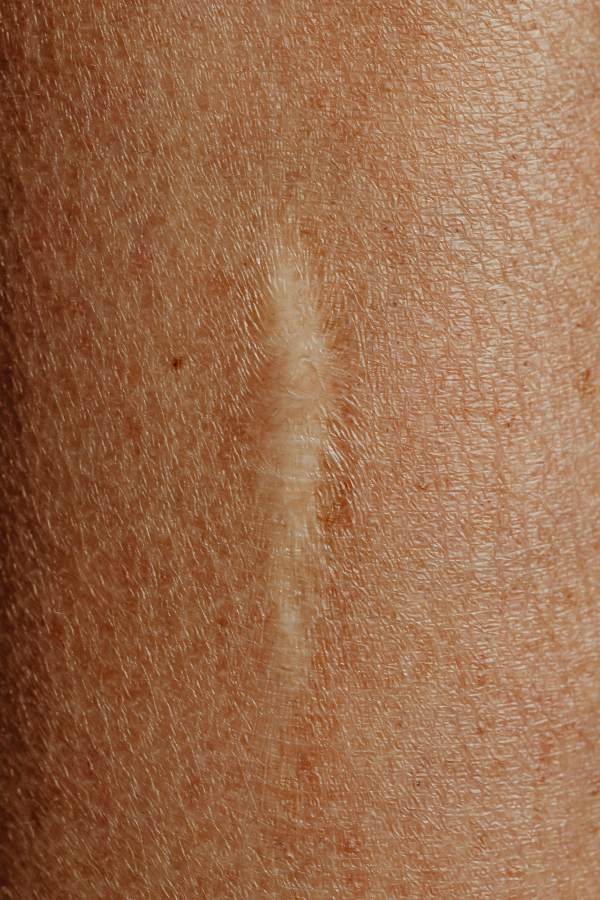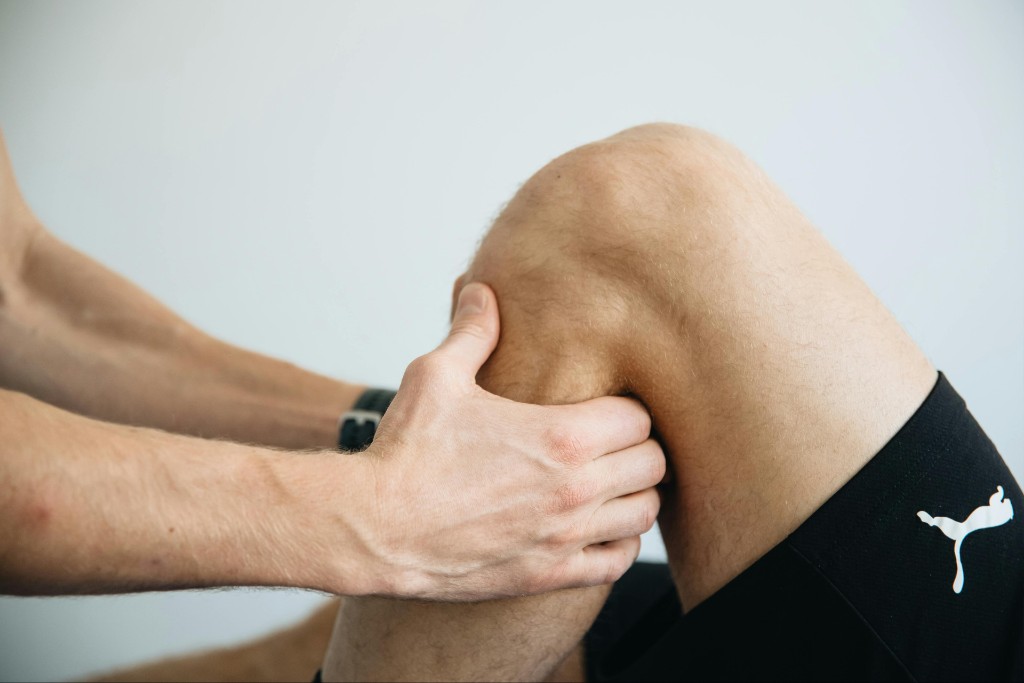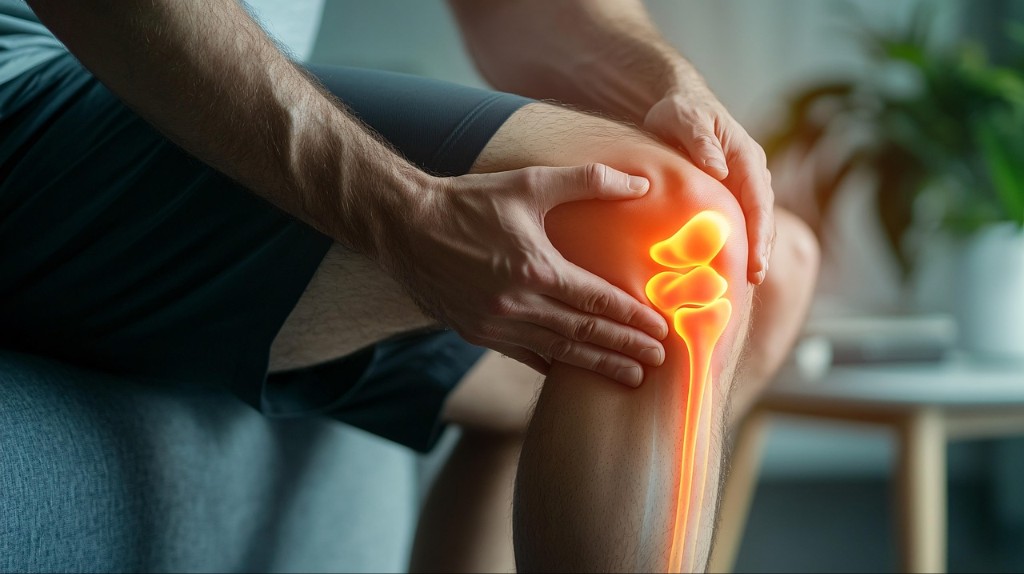Living with plantar fasciitis means waking up every morning to the sharp, stabbing pain in your heel the moment your foot hits the floor. It’s a relentless discomfort that shadows you with every step, turning simple activities into daunting tasks. Plantar fasciitis severely hinders mobility and degrades quality of life. While there are numerous treatments available, understanding the link between weight and plantar fasciitis is pivotal. A holistic approach to treatment, acknowledging the significant impact of weight on foot health, is essential in not just managing symptoms but in fostering long-term recovery and the restoration of mobility.
Understanding the Connection Between Weight and Plantar Fasciitis

Plantar fasciitis affects up to 10% of Americans, making it a leading cause of foot discomfort and a frequent reason for doctor visits. The plantar fascia, a robust, fibrous band stretching across your foot, offers stability and support to the arch. Yet, when strain becomes too great—due to factors like overtraining, obesity, flat feet, limited ankle dorsiflexion, or unsuitable footwear—pain takes hold. This condition often stems not from inflammation, as once thought, but from the wear and tear of the fascia itself, leading some experts to suggest the term “plantar fasciosis.”
Understanding this distinction is vital because it guides us toward more effective treatments that target the condition’s root cause rather than just its symptoms.
Plantar Fasciitis Pain?
Target your heel pain without surgery. SoftWave Therapy is just $69 for your first session.
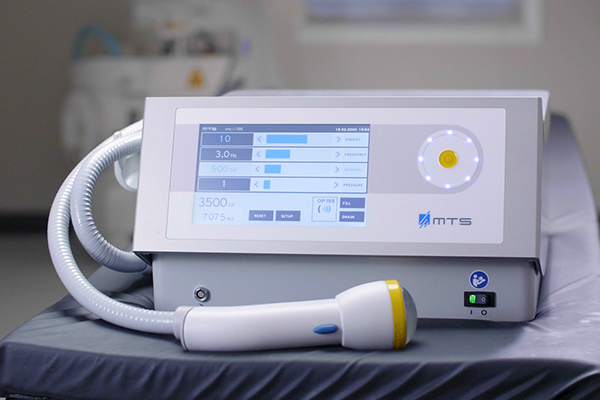
How Does Losing Weight Help Plantar Fasciitis?
Shedding excess weight eases the strain on the plantar fascia, significantly impacting the severity of plantar fasciitis symptoms. A lighter load reduces stress on your feet, allowing the body to repair itself more effectively.
Beyond immediate pain relief, weight loss improves foot structure and function, enhancing overall mobility and reducing future risks. Embracing a holistic approach that includes diet modifications and suitable exercises can lead to lasting improvements.
Effective Weight Loss Strategies for Plantar Fasciitis Sufferers
When it comes to weight loss strategies for those suffering from plantar fasciitis, it’s essential to adopt methods that take the condition into account:
- Focus on Low-Impact Exercise: Engage in activities that provide a good workout without putting extra stress on your feet. Swimming, cycling, and using an elliptical trainer are excellent options that allow you to stay active and fit without exacerbating the pain associated with plantar fasciitis.
- Adopt a Nutrient-Rich Diet: Incorporate a diet rich in fruits, vegetables, lean proteins, and whole grains to support overall health and facilitate weight management. These foods provide essential vitamins, minerals, and fiber that can help control appetite and promote weight loss.
- Stay Hydrated: Proper hydration is key to weight loss. Drinking plenty of water helps control hunger, supports metabolic health, and aids in the elimination of toxins.
- Consistent, Small Changes: Implement gradual lifestyle changes rather than opting for drastic diets or exercise regimes. Consistency in making small, healthy choices leads to sustainable weight loss and improvement in plantar fasciitis symptoms.
Exploring SoftWave Therapy as a Treatment Option
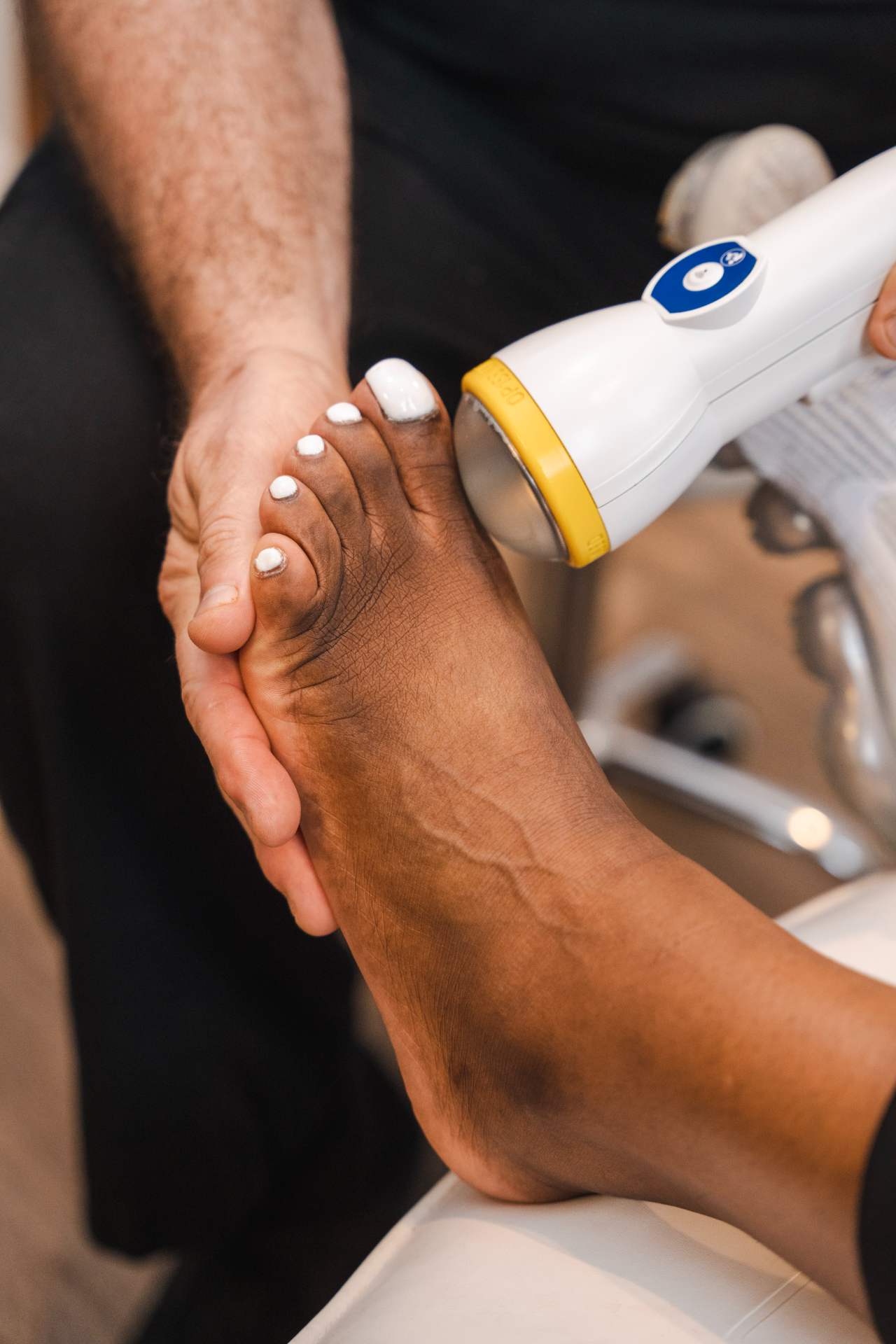
SoftWave Therapy is a type of shockwave therapy that offers a non-invasive, innovative approach to treating plantar fasciitis, leveraging low-energy, broad-focused acoustic waves to stimulate healing and regeneration in the affected foot area. This shockwave therapy for plantar fasciitis is especially beneficial for reducing inflammation and micro-tears in the fascia, commonly associated with plantar fasciitis pain. Clinical evidence suggests a high rate of improvement in musculoskeletal and general pain complaints, making SoftWave a compelling option for those seeking alternatives to traditional treatments.
A significant advantage of SoftWave Therapy is its non-invasiveness, requiring no incisions or anesthesia, thus eliminating downtime or recovery periods. This aspect makes it an appealing treatment choice, offering quick, convenient, and effective relief from the debilitating pain of plantar fasciitis. With treatments typically lasting around 10-15 minutes and most patients noticing improvements after a few sessions, SoftWave Therapy emerges as a promising solution for individuals battling the persistent pain of plantar fasciitis.
The Best Shockwave Therapy for Plantar Fasciitis
Are you looking for safe, reliable, and effective relief from plantar fasciitis?
SoftWave therapy is FDA-cleared, patented, and nationally recognized for its leading tissue regeneration technology. Unlike other types of high-energy shockwave treatments, SoftWave is the only shockwave therapy on the market that uses true broad-focused shock waves that treat larger and deeper areas of tissue.
Thousands of patients have experienced the benefits of SoftWave for plantar fasciitis, including:
- Little to no side effects
- Short treatment time
- Quick recovery
- Long-lasting results
Find a SoftWave Therapy provider near you or learn more about SoftWave and whether or not you’re eligible for full treatment today!
New Patient Special
Try SoftWave for just $69 at a clinic near you and learn if you’re a candidate for full treatment



